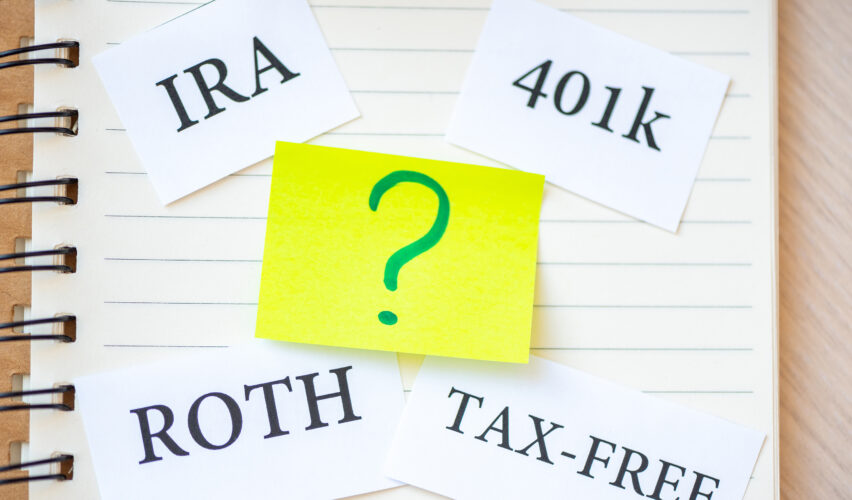Financial experts agree that retirees need emergency funds to cover unexpected expenses when they’re living on a fixed income. Perhaps you’ll need a new roof, or other pricey home repairs, 10 years into retirement. Or, maybe a beloved pet needs expensive veterinary care. And there’s always a possibility that a family crisis may require you to pitch in financially.
During your working years, you could set aside funds in a regular savings account that doesn’t earn much interest. Or, you can consider contributing after-tax earnings to a Roth TSP and earn compound interest on your investments.
Using Taxable Traditional TSP Funds For An Emergency
If all of your retirement savings are in a Traditional TSP, the entire amount you withdraw to cover an emergency will be subject to federal taxes. This means you’ll be paying taxes on both your contributions and earnings at the income tax rate in the year you make the withdrawal. Depending on where you live, your withdrawal may also be subject to state income taxes.
“If you need to cover unexpected expenses in an emergency, it’s far better to use tax-free money from your Roth TSP than withdrawing taxable funds from your Traditional TSP.”
Using Tax-Free Roth TSP Funds For An Emergency
Here’s why it makes sense to use a Roth TSP as an emergency fund in retirement. During your working years, you make contributions to your Roth TSP with after-tax earnings so that you don’t pay taxes later when you withdraw contributions and any qualified earnings. Earnings are considered qualified when two Internal Revenue Code (IRC) requirements are met:
- 5 years have passed since January 1 of the calendar year when you made your first Roth TSP contribution and
- You are at least age 59½, permanently disabled, or deceased.
If either of these two requirements are not met when you withdraw from a Roth TSP, you only have to pay income taxes on your earnings.
Using Tax-Free Roth TSP Funds For An Emergency
Here’s why it makes sense to use a Roth TSP as an emergency fund in retirement. During your working years, you make contributions to your Roth TSP with after-tax earnings so that you don’t pay taxes later when you withdraw contributions and any qualified earnings. Earnings are considered qualified when two Internal Revenue Code (IRC) requirements are met:
- 5 years have passed since January 1 of the calendar year when you made your first Roth TSP contribution and
- You are at least age 59½, permanently disabled, or deceased.
If either of these two requirements are not met when you withdraw from a Roth TSP, you only have to pay income taxes on your earnings.










